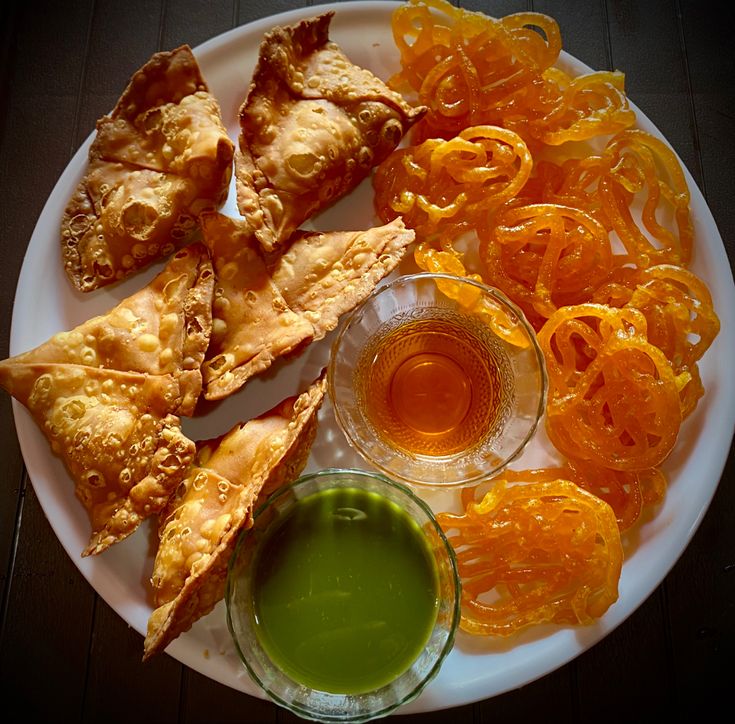Samosa and Jalebi Under Fire: India’s Street Food Controversy
Why the Health Ministry’s Directive Sparked Outrage
Few Indian foods are as iconic as the crisp, spicy samosa or the sweet, syrupy jalebi. So when the Union Health Ministry suggested public boards warning about high oil and sugar content in street snacks like samosas, jalebis, vada pav, and even pizzas and burgers, the move was bound to get people talking. Indians took to social media, not just to express confusion, but to defend the nation’s culinary soul.

Street Food, Culture, and Controversy
Why Targeting Samosas and Jalebis Feels Personal
For most Indians, these snacks aren’t just food—they’re woven into every wedding banquet, festival, and rainy day tea break. When a government memo tries to ‘nudge’ citizens into eating less of their favorite treats, many see it as meddling in traditions that go back centuries.
Health Warnings and Cultural Pride Collide
While the Ministry framed its advisory as a health move against rising obesity, critics argue it unfairly spotlights traditional fare. They point out that the real culprits—ultra-processed chips, sodas, and cookies—get off easy in comparison. The backlash on social media reflected this, with many saying samosas and jalebis are global favorites now, and attempts to shame them at home ring hollow.
Food Policies Around the Globe: Lessons for India
Globally, governments have tried warning labels and taxes to curb junk food. Mexico put warning stickers on high-sugar sodas and chips. The UK taxes sugary drinks, while Singapore’s campaigns target oily hawker dishes. But most of these efforts focus on packaged foods engineered by corporations—not homegrown treats, hand-made by street vendors.
More Than Calories: The Deeper Value of Indian Cuisine
Rich Heritage and Built-In Health Balance
Dishes like dal bati churma, biryani, and rasgulla aren’t simply about indulgence. They include ingredients with health benefits, such as spices like turmeric and cumin that aid digestion, and are often enjoyed in ways that build community. To lump them with industrial junk food is to disregard their nutritional value and cultural significance.
The Fallout and Political Pushback
The public’s anger grew so intense that the health ministry clarified there would be no warning labels—only educational boards promoting moderation. But for many, the damage was already done. Political leaders like West Bengal’s Chief Minister publicly refused to enforce the advisory, calling it “unnecessary interference.”
India’s Balancing Act: Wellness Without Losing Heritage
Indians today are living longer and adopting healthy practices like yoga and home-cooked meals. The success of broad health trends owes more to people’s intuition than to intrusive regulations. As the nation’s life expectancy rises past 76 years, the focus should be on encouraging balance—not fear-mongering around cherished foods.
What’s the Real Threat? The Ultra-Processed Food Problem
Food experts agree: the true health risks come from heavily processed snacks made by multinational corporations. These foods are designed for overconsumption and lack the traditional, ingredient-wise balance of Indian snacks.
Celebrate Tradition, Regulate Wisely
Trying to control what Indians eat through heavy-handed warnings is a recipe for resentment. The government should focus on genuine health education and stricter labeling for ultra-processed foods. Let Indians enjoy their samosas and jalebis—moderation and awareness, not bans, are the path to a healthier nation.